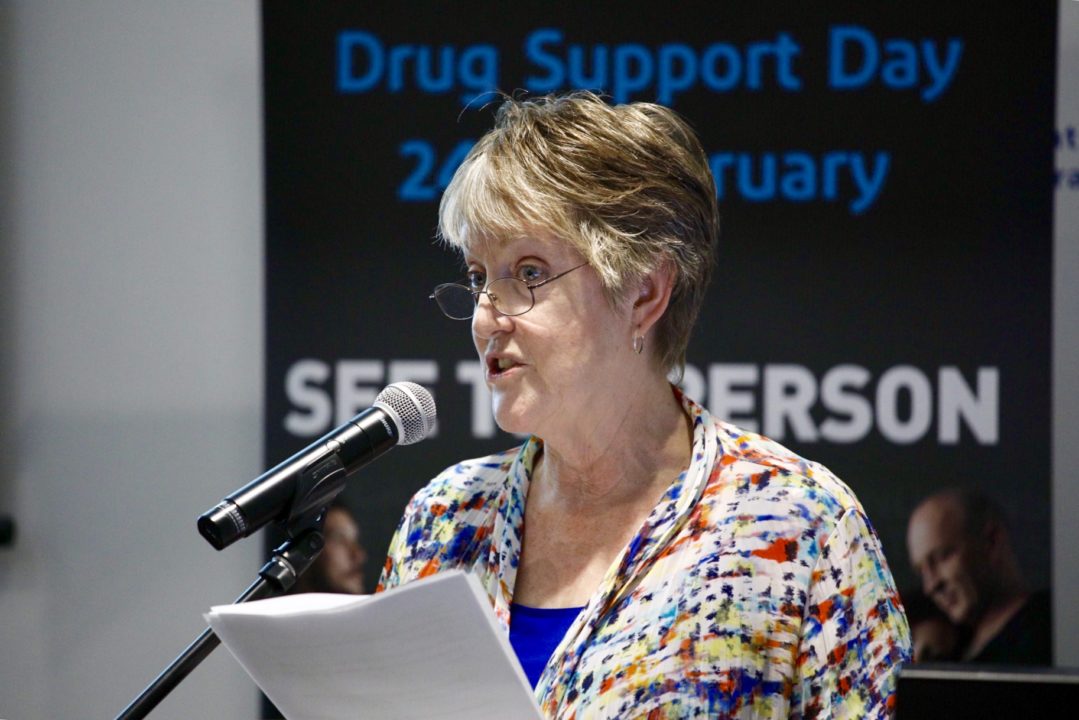Motel, hotel no-vacancy rule for at-risk children
The Child Protection Department has stopped housing at-risk children in what advocates have described as the most unsafe and least therapeutic forms of care, but concerns remain about the welfare of children who might “languish” under the replacement system.

File image
The Department confirmed to InDaily that it stopped placing children in commercial care – also known as emergency care – this month and is now funding children to receive short-term therapeutic support at residential care homes before they are found longer-term accommodation.
Children who were placed in commercial care stayed at private premises such as residential care units, motels or hotels, and were looked after by agency staff who worked shifts on a rotating 24 hour, seven-day per week roster.
It was often used as an immediate, emergency housing option for children before they were found beds with either foster or kinship carers, or at residential care units.
Commercial care was described by child protection advocates, including Guardian for Children and Young People Penny Wright, as one of the most expensive, unsafe and least therapeutic forms of care, as it left children without a consistent carer in a non-family-based setting.
Wright wrote in her annual report last year that children in state care who were also subject to detention orders were voluntarily choosing to stay in youth prison because they felt fearful and unsafe at commercial and residential care facilities.
The Department’s deputy chief executive Fiona Ward told InDaily that phasing out the use of commercial care was one of the recommendations of the Child Protection Systems Royal Commission and aligned with a broader strategy to reform non-family-based care.
“The Department for Child Protection is taking deliberate steps to establish the right mix of care options to meet the needs of children and young people,” she said.
“Part of this includes phasing out the use of commercial care.”
Latest data from the Department shows in July this year there were 119 South Australian children in commercial care, or just under three per cent of the total number of children under the guardianship of the Child Protection Department chief executive.
The Department’s reliance on commercial care has fluctuated over the past few years, reaching a peak of 212 placements in 2016.
In response to a freedom of information request early this year, the Department said it found no documents or records relating to children in state care being looked after in hotels, motels, caravan parks or other temporary accommodation since the 2018 election.
“Phasing out the use of commercial care has been a collective effort,” Ward said.
“The Department has worked closely with the commercial care agencies, non-government agencies more broadly and listened to the views of children and young people.”
To fill the gap left by commercial care, Ward said the Department was growing the use of foster and kinship carers and had introduced a new model of care called Placement and Support Packages (PaSP), which has 12 approved private providers.
We don’t want to see young people languishing in these placement support package environments
According to tender documents, PaSP funds children with high-needs behavioural problems stemming from trauma and neglect to receive up to 90 days of targeted therapeutic support to “stabilise” their behaviours before they are placed in the mainstream child protection system.
“PaSP is a provider panel for the delivery of individualised, immediate short-term residential care placements for children and young people when no other appropriate option is available,” the Department’s website states.
More than half of South Australian children who enter the child protection system have moderate to high-needs behavioural problems.
Guardian Penny Wright said while commercial care was intended to be a short-term measure, in some cases children lived in those arrangements for “months or even years” and had “sometimes developed strong and important relationships with their carers”.
She said she supported the need to move towards “more individualised, therapeutic and skilled placement options”, but had concerns about children and young people currently in commercial care, who were being moved at “short notice”.

Guardian for Children and Young People Penny Wright. Photo: Tony Lewis/InDaily
“I have raised concerns with the Minister and DCP about some cases where there has been little to no consultation with the child involved and sometimes others, minimal evidence of careful placement matching, limited consideration of the child’s attachment to their existing care team and the separation of siblings, which can be highly distressing,” she told InDaily.
“While I welcome DCP’s intention to place children and young people according to their individual requirements and with more certainty and stability in their care arrangements, I am concerned that moving them from one placement to another must always be managed in a carefully considered way, and in consultation with them, to ensure they understand what is happening to them and it is their interests that are met by the move.”
Wright said decisions to move children must be “child-centred and in the best interests of the children and young people affected, irrespective of meeting a policy objective within a set time”.
Child and Family Focus SA (CAFFSA) CEO Rob Martin said he supported the PaSP system “in principle”, but he had concerns about what would happen to children once the funded 90 days expired.
He said the Department was “technically” stopping commercial care but, “we are still going to have children in high-cost placements with around-the-clock residential shift workers”.
“CAFFSA’s biggest concern is we don’t want to see young people languishing in these placement support package environments,” he said.
“Previously, we had short-term residential care placements for no longer than 40 days and we had instances of children staying in those placements for up to two to three years because the longer-term case management that was required to get them out into ideally a family-based care environment just wasn’t occurring.
“We also had situations of children in commercial care for just as long on the basis that they were stable and safe in a particular environment, so the work wasn’t undertaken to shift them.
“That is always a risk.”
Martin said whilst the Department could renegotiate with a provider to provide an additional 90 days of PaSP support, “really what we want is to have case managers or agencies working intensively towards that 90-day expiration date”.
“We want to get the child stabilised as quickly as possible and ideally out into a family-based care environment.”
A department spokesperson said the PaSP system was designed to assist children with the transition to a more appropriate longer-term care arrangement.
“The model includes the flexibility to extend where necessary or transition into an alternative longer term care arrangement based on assessed needs,” the spokesperson said.
Child Protection Minister Rachel Sanderson said she had a “long-standing commitment to reducing our reliance on commercial care and a strong focus on increasing the number of family-based carers”.
“There is no doubt family-based care is the best form of care for the majority of our children and young people who are not able to live with their biological family, for whatever reason,” she said.
“We remain committed to recruiting foster carers, we are better scoping kin and continually improving our practices so we can improve outcomes for our most vulnerable children and young people.”




